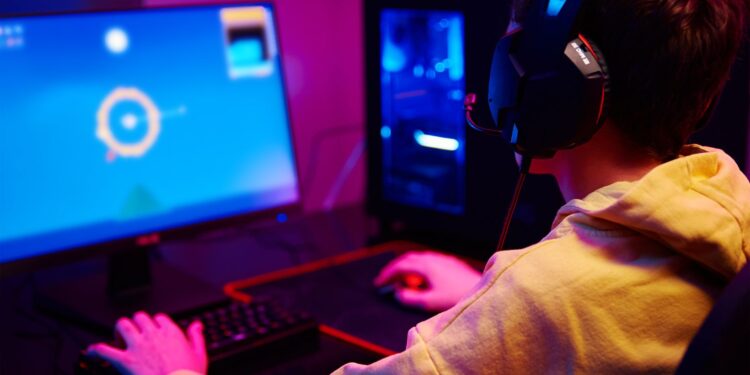Artificial intelligence is not just a tool, but a transformative force reshaping the casino industry at a pace that even the most forward-thinking professionals could not have predicted. A decade ago, gambling decisions were made on instinct, experience, and spreadsheets. Now, algorithms analyse player data, forecast revenue, and even flag problem gamblers before they realize they have an issue. This rapid evolution raises a compelling question: can gaming companies truly rely on these systems to navigate the unpredictable terrain of human behaviour?
Casinos are already using AI in nearly every corner of their business. Machine learning models predict which slot machines perform best in which spots, while computer vision quietly monitors tables for signs of cheating. Predictive analytics can now forecast weekend revenue with astonishing precision, considering everything from local weather to the results of a football game. It’s no longer about guesswork; it’s about precision engineering for entertainment.
Behind the scenes, all the best online casino operators are already blending AI with traditional management. They use it to personalize offers, refine loyalty programs, and make sure players see games that suit their moods and budgets. If someone prefers low-risk, steady-payout slots, the system adapts. If another player likes a thrill, the games subtly adjust volatility. It’s smart, seamless, and quietly addictive.
Still, there’s a fine line between personalization and manipulation. The same technology that keeps players engaged can also push them deeper into risky territory. AI can notice when someone starts betting more after losses or logs in at odd hours. While responsible operators use that data to trigger gentle interventions, others might see it as a chance to profit from vulnerability. That’s where the industry’s moral challenge lies.

The good news is that AI isn’t just about squeezing more money from players. Some casinos use it to protect people from themselves. Systems monitor betting speed, facial expressions, and even tone of voice in customer chats. When behaviour crosses certain thresholds, the player might get a nudge to take a break or a reminder about responsible gaming. It’s subtle but surprisingly effective. One operator reported a 40% drop in complaints about problem gambling after adopting AI monitoring.
On the operational side, AI is not just a tool, but a game-changer that enhances staff performance rather than replacing them. Chatbots now handle routine support questions around the clock, freeing human agents for more complex issues. Fraud-detection tools track suspicious activity within minutes, connecting the dots between accounts that might belong to the same person. Identity verification that once took hours now happens in seconds, cutting costs and frustration for everyone involved. This potential for enhanced operational efficiency is a beacon of hope for the future of gaming.
Despite the significant benefits AI brings to the gaming industry, complete reliance on it remains a gamble of its own. Algorithms can misread intent, act on biased data, or make decisions that feel cold and impersonal. Casinos, more than most industries, rely on atmosphere and human connection, the very things AI can’t replicate. However, the real success stories will come from operators who use technology as a co-pilot, not a replacement. This emphasis on human oversight should reassure the audience of the industry’s commitment to responsible and ethical use of AI.
So, can gaming companies ever truly rely on AI? Probably not entirely. But those who learn to trust it just enough, without surrendering the human touch, will find themselves holding a winning hand.



























































